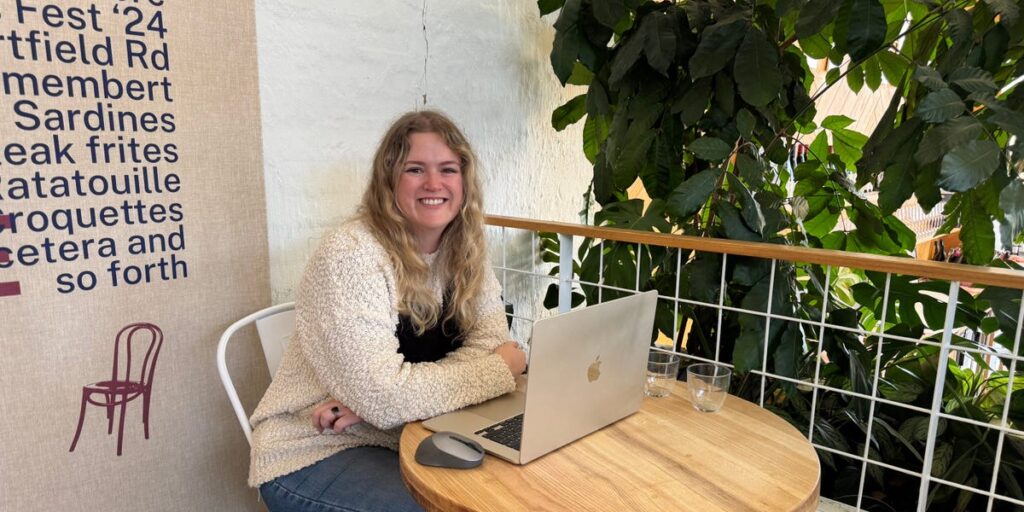The last time I set foot in an exam hall was over 10 years ago, so I figured that, at 32, getting a formal ADHD diagnosis would be pointless. I made it through school and university, I’ve established a great career, and I have systems that keep me on top of things. Who needs a label, right?
It felt like joining the ranks of those with ADHD diagnoses in my 30s would be…odd. Kind of like when I tried rollerblading last year, clutching onto railings, scrambling to stay upright, resenting every child that scooted past me, holding the skating aids. The tiny support frames were built for them, not me.
I thought this would be the same — that a diagnosis would change nothing about my current life, because there are no exams, no report cards, no teachers I’m trying to impress. (My pilates instructor doesn’t count. She cannot be impressed. I’ve tried.)
I learned how much a diagnosis could matter
The thing is, adults need these diagnoses just as much as kids do, albeit for some different reasons. Children have teachers and parents monitoring them, providing scaffolding for their daily lives. Adults self-manage. No one is bundling me into the car to ensure I make a meeting on time, and if I miss an email, there could be serious consequences.
I’ve established things to keep me on track, like a coded calendar, to-do lists for days, and even little notes on my phone to remind me of silly things, like the seafood pasta at a particular restaurant not being as good as it looks on the menu…because I forget this every single time.
Imposter syndrome led the charge to my actual diagnosis. After years of self-diagnosed ADHD, I felt compelled to confirm with a specialist when, a few months ago, I was invited to chat on a panel about visibility strategies for those with ADHD. I didn’t want to accept the invitation unless I truly belonged to this community that I suspected I was part of.
After a 90-minute consultation and assessment with a psychiatrist, it was official. I was surprised at how quick the process was. I was even more surprised at the feeling of compassion that now materialized every time I’d wonder, “Why am I like this?”
It’s helped me sharpen my coping skills
I felt less like an idiot every time I’d forget what I was saying mid-sentence because something distracted me. I started to identify how time-blind I really am, seeing my incomplete to-do list as an inevitability because I always try to pack too much into a single day. I now try to put the brakes on every time I get really excited about something, like when I qualified as a scuba diver and bought a stack of new gear that mostly sits in my closet now. I can see procrastination as my executive functioning having a ‘moment,’ rather than bashing myself about laziness.
There are no exams in sight (thank heavens for small mercies), but that doesn’t mean I don’t reap the benefits of my late-in-life ADHD diagnosis. It’s tempting to get lost in ‘what if’ — what if I’d been diagnosed as a kid? Would school have felt easier? Would I have chosen my university courses differently? Would my work life have turned out another way?
I can speculate, but there’s little point. I’m finding strength in community (I recently asked my Instagram followers who has an ADHD diagnosis and there are so many more of us than I thought), and I’m loving learning about the strengths and challenges that being ADHD holds.
Read the full article here


